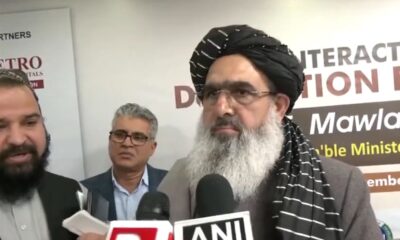Latest News
Violence Reduction – Details
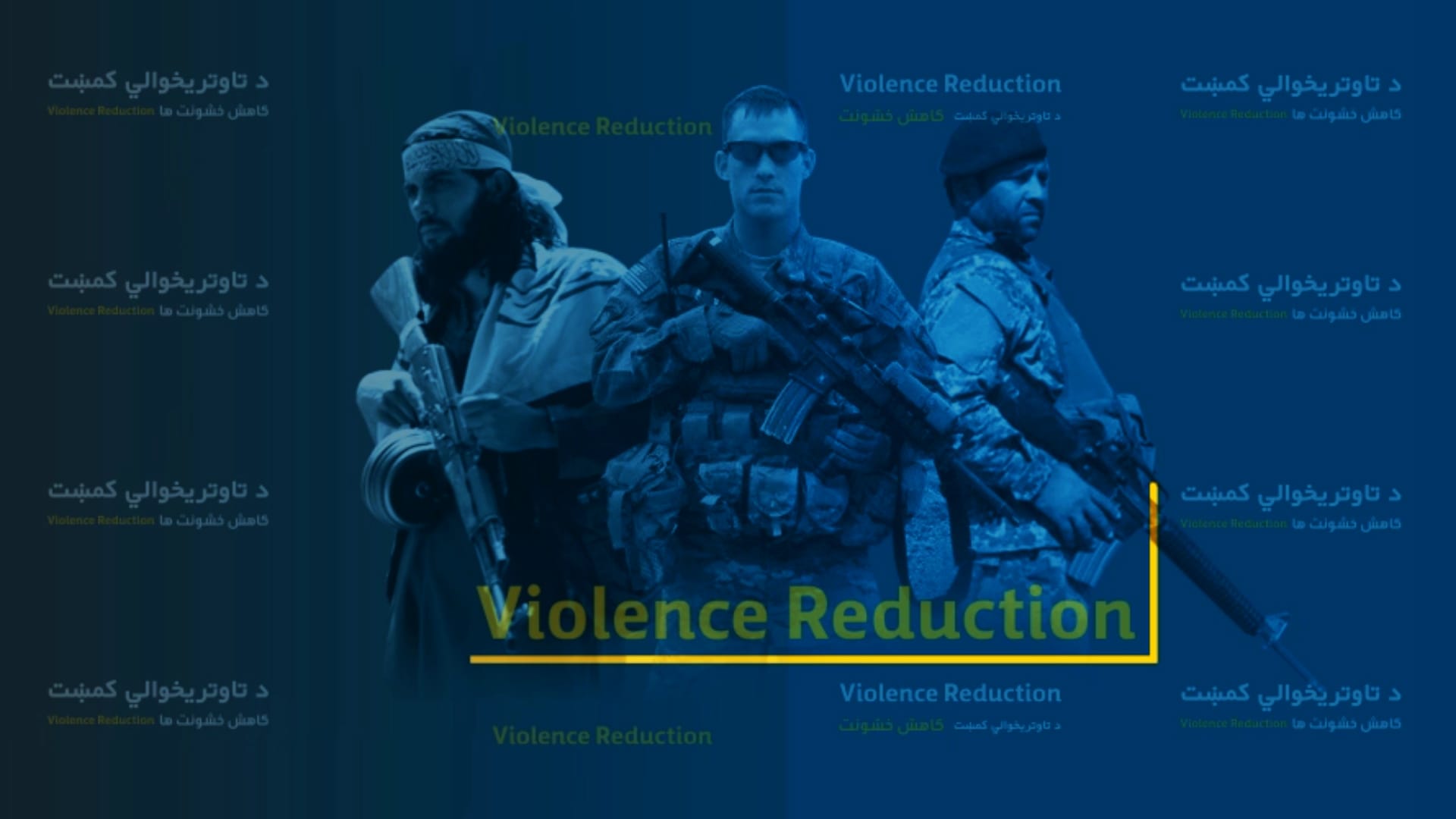
 In accordance with the plan of ‘violence reduction’, the Taliban’s daily attacks will decrease from 75 to 15. They will not attack highways, cities, US bases and key Afghan military spots.
In accordance with the plan of ‘violence reduction’, the Taliban’s daily attacks will decrease from 75 to 15. They will not attack highways, cities, US bases and key Afghan military spots.
Sources have shared parts of the ‘violence reduction’ plan with Ariana News. Based on the plan, Afghan forces will be on standby.
Some details of the ‘violence reduction’ 7-day term read as under:
- Taliban’s daily attacks will decrease from 75 to 15.
- Taliban will not attack cities, highways, US bases and Afghan forces’ headquarters.
- Afghan forces will not launch any offensive operations.
- The Resolute Support Mission will not conduct any offensive operations. However, if the Afghan forces come under attack, the RS will support.
- A joint – US-Afghan forces – monitoring cell will monitor the Taliban’s commitments versus offensives, and contact the Taliban’s political office in Doha in case of violation.
- Afghan forces will be on standby and will rapidly respond to any attacks of the Taliban that violate the RIV term.
Sayed Akbar Agha, a former Taliban member, says, “The exact time of ‘violence reduction’ is not clear, but the election tensions may possibly affect it.”
Meanwhile, the presidential palace has not explained the ‘violence reduction’ plan and procedure; however, earlier it has said that Afghan security officials, in coordination with Scott Miller, commander of the NATO-US forces in Afghanistan, had been working on a plan of action to manage the ‘violence reduction’.
Atiqullah Amarkhil, a former military veteran, says, “Violence reduction does not make sense; war makes sense; ceasefire makes sense.”
Reports indicate that if the 7-day ‘violence reduction’ probationary period ends successfully, intra-Afghan talks will be commenced.
Moreover, Suhail Shaheen, the spokesperson for the political office of the Taliban in Qatar, has said in an interview that in a day or two, the time for ‘violence reduction’ and the signing of the agreement with the US, will be determined.
Shaheen has added that ‘talking to the Afghan government’ and ‘ceasefire’ are not included in the agreement that is going to be signed between them and the US; what’s included is to negotiate with the parties involved in the war.
Latest News
Afghan health minister calls for medical cooperation between Kabul and New Delhi
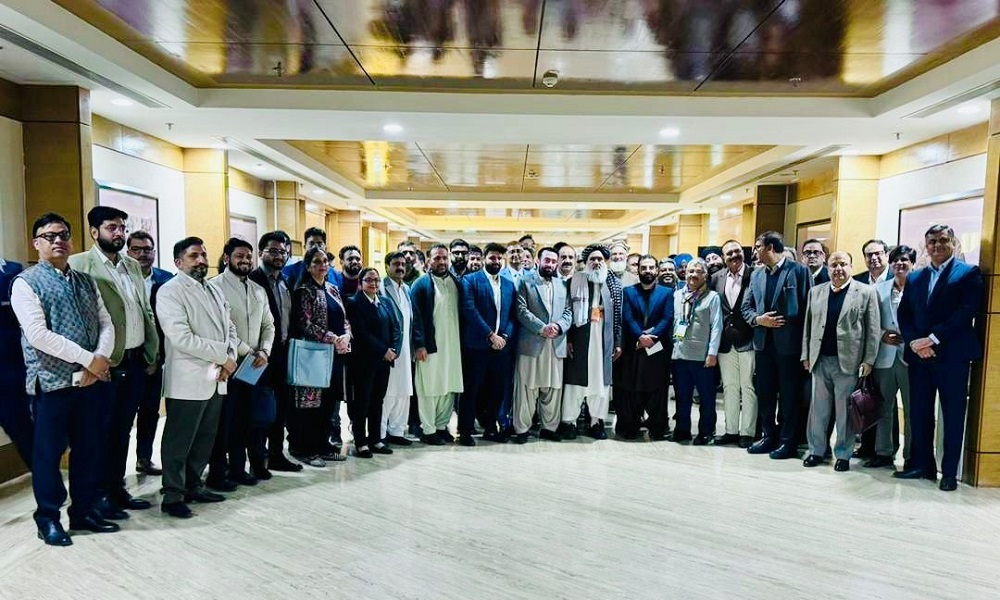
Afghanistan’s Health Minister, Noor Jalal Jalali, held a meeting on Saturday with officials from Pharmaceuticals Export Promotion Council (PharmEXCIL) to discuss expanding cooperation and bilateral relations in the fields of medicines, medical products, and health equipment between Kabul and New Delhi.
In a statement issued by the Afghan Health Ministry, both sides also emphasized strengthening the pharmaceutical industry’s capacity and the importance of providing affordable, high-quality medicines to the public.
The talks also focused on boosting cooperation in medicines, medical products, and healthcare equipment, highlighting affordable and quality drug access.
Jalali called PharmEXCIL’s support crucial for strengthening Afghanistan’s healthcare system and delivering standardized services.
He added the partnership is strategically important for drug safety, quality assurance, and sustainable health services.
PharmEXCIL outlined its work in pharmaceuticals, vaccines, biologics, medical devices, diagnostics equipment, herbal medicines, contract manufacturing, and R&D.
The council, under India’s Ministry of Commerce, oversees the promotion, regulation, and export of Indian medicines and health products.
PharmEXCIL also donated around 100,000 patches to Afghanistan to support treatment of seasonal illnesses.
Latest News
Deputy PM Baradar urges world to expand economic ties with IEA instead of sanctions

Mullah Abdul Ghani Baradar, the Deputy Prime Minister for Economic Affairs, has urged the countries in the region and around the world to soften and expand their economic relations with the Islamic Emirate instead of imposing sanctions and undue pressure.
In a statement issued by the deputy PMs office, Baradar made these remarks on Saturday during a speech at the inauguration ceremony of a commercial market in Balkh province.
Baradar added that a prosperous and strong Afghanistan is not to the detriment of other countries in the region; rather, it contributes to the welfare and strengthening of other nations.
He said: “The Islamic Emirate believes in comprehensive economic and political authenticity in the field of regional and international cooperation, provided that there is mutual respect for major values and fundamental principles.”
He stated that IEA’s engagement with the private sector in large-scale and long-term projects—based on public-private partnerships or other types of contracts—conveys a clear message that the environment for domestic and foreign investment in Afghanistan is favorable, and that anyone can take advantage of this opportunity.
Latest News
Karzai urges reopening of girls’ schools and universities for Afghanistan’s bright future
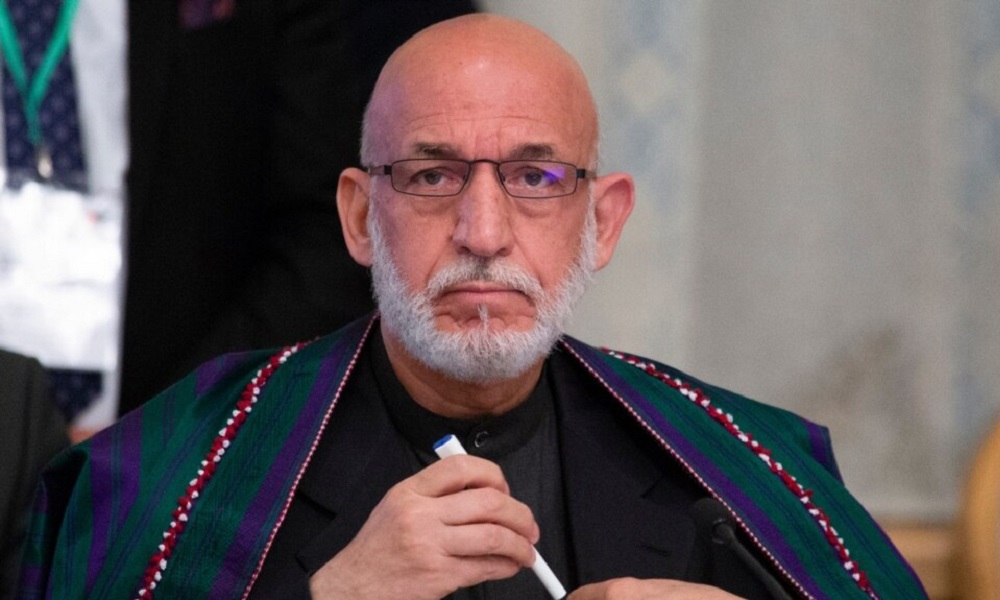
Former Afghan President Hamid Karzai says knowledge and education are the primary pillars of progress and dignity in any society.
In a post marking the end of the academic year and the preparation of 12th-grade graduates for the Kankor (university entrance) exam, Karzai said on Saturday that Afghanistan needs hundreds of thousands of female and male doctors, engineers, economists, technology specialists, and experts in other fields to become self-reliant.
He called on all students to make greater efforts and to reach higher levels in scientific and social sciences.
He once again emphasized: “I hope that, for a bright future for Afghanistan, girls’ schools and universities should be reopened so that our daughters can stand on their own feet and become worthy of serving the country.”
-

 Latest News5 days ago
Latest News5 days agoIEA supreme leader stresses enforcement of Sharia law and sincere public service
-

 International Sports4 days ago
International Sports4 days agoIPL 2026: Teams take shape after auction as franchises balance star power and depth
-

 Sport5 days ago
Sport5 days agoILT20: Sharjah Warriorz secure 11-run victory over Gulf Giants
-
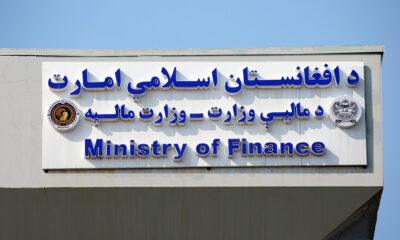
 Business5 days ago
Business5 days agoAfghanistan, India discuss expanding investment opportunities
-

 Sport5 days ago
Sport5 days agoAbu Muslim Farah crowned champions of fifth season of Afghanistan Champions League
-

 International Sports4 days ago
International Sports4 days agoILT20: Abu Dhabi Knight Riders end Desert Vipers’ unbeaten run in dramatic one-run win
-

 Latest News5 days ago
Latest News5 days agoEU and IFC launch €5 million program to support Afghanistan’s private sector
-
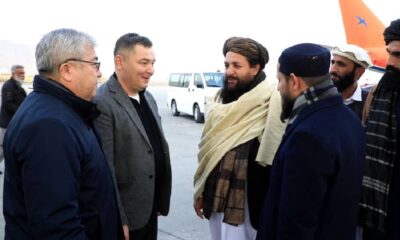
 Latest News4 days ago
Latest News4 days agoHigh-level Kyrgyz delegation arrives in Kabul






